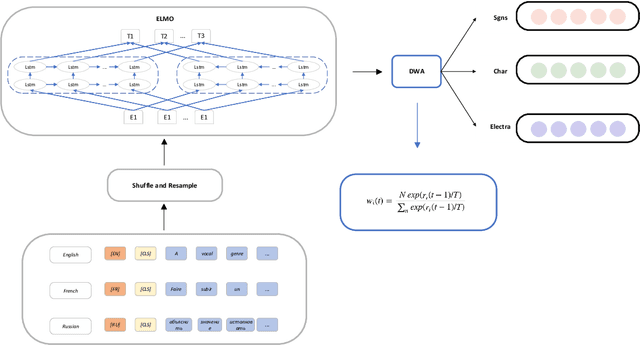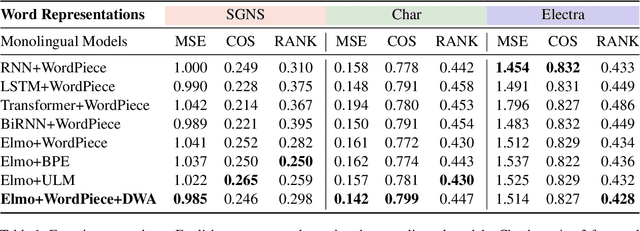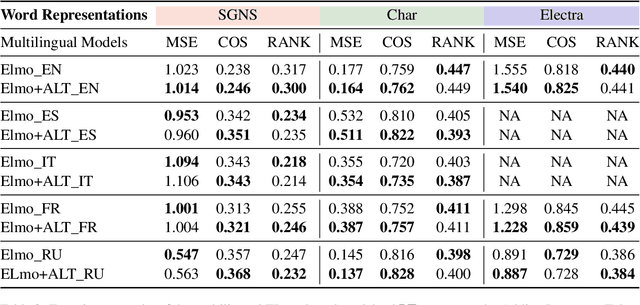Nineli Lashkarashvili
Parameter Efficient Finetuning for Speech Emotion Recognition and Domain Adaptation
Feb 19, 2024



Abstract:Foundation models have shown superior performance for speech emotion recognition (SER). However, given the limited data in emotion corpora, finetuning all parameters of large pre-trained models for SER can be both resource-intensive and susceptible to overfitting. This paper investigates parameter-efficient finetuning (PEFT) for SER. Various PEFT adaptors are systematically studied for both classification of discrete emotion categories and prediction of dimensional emotional attributes. The results demonstrate that the combination of PEFT methods surpasses full finetuning with a significant reduction in the number of trainable parameters. Furthermore, a two-stage adaptation strategy is proposed to adapt models trained on acted emotion data, which is more readily available, to make the model more adept at capturing natural emotional expressions. Both intra- and cross-corpus experiments validate the efficacy of the proposed approach in enhancing the performance on both the source and target domains.
1Cademy at Semeval-2022 Task 1: Investigating the Effectiveness of Multilingual, Multitask, and Language-Agnostic Tricks for the Reverse Dictionary Task
Jun 08, 2022



Abstract:This paper describes our system for the SemEval2022 task of matching dictionary glosses to word embeddings. We focus on the Reverse Dictionary Track of the competition, which maps multilingual glosses to reconstructed vector representations. More specifically, models convert the input of sentences to three types of embeddings: SGNS, Char, and Electra. We propose several experiments for applying neural network cells, general multilingual and multitask structures, and language-agnostic tricks to the task. We also provide comparisons over different types of word embeddings and ablation studies to suggest helpful strategies. Our initial transformer-based model achieves relatively low performance. However, trials on different retokenization methodologies indicate improved performance. Our proposed Elmobased monolingual model achieves the highest outcome, and its multitask, and multilingual varieties show competitive results as well.
 Add to Chrome
Add to Chrome Add to Firefox
Add to Firefox Add to Edge
Add to Edge